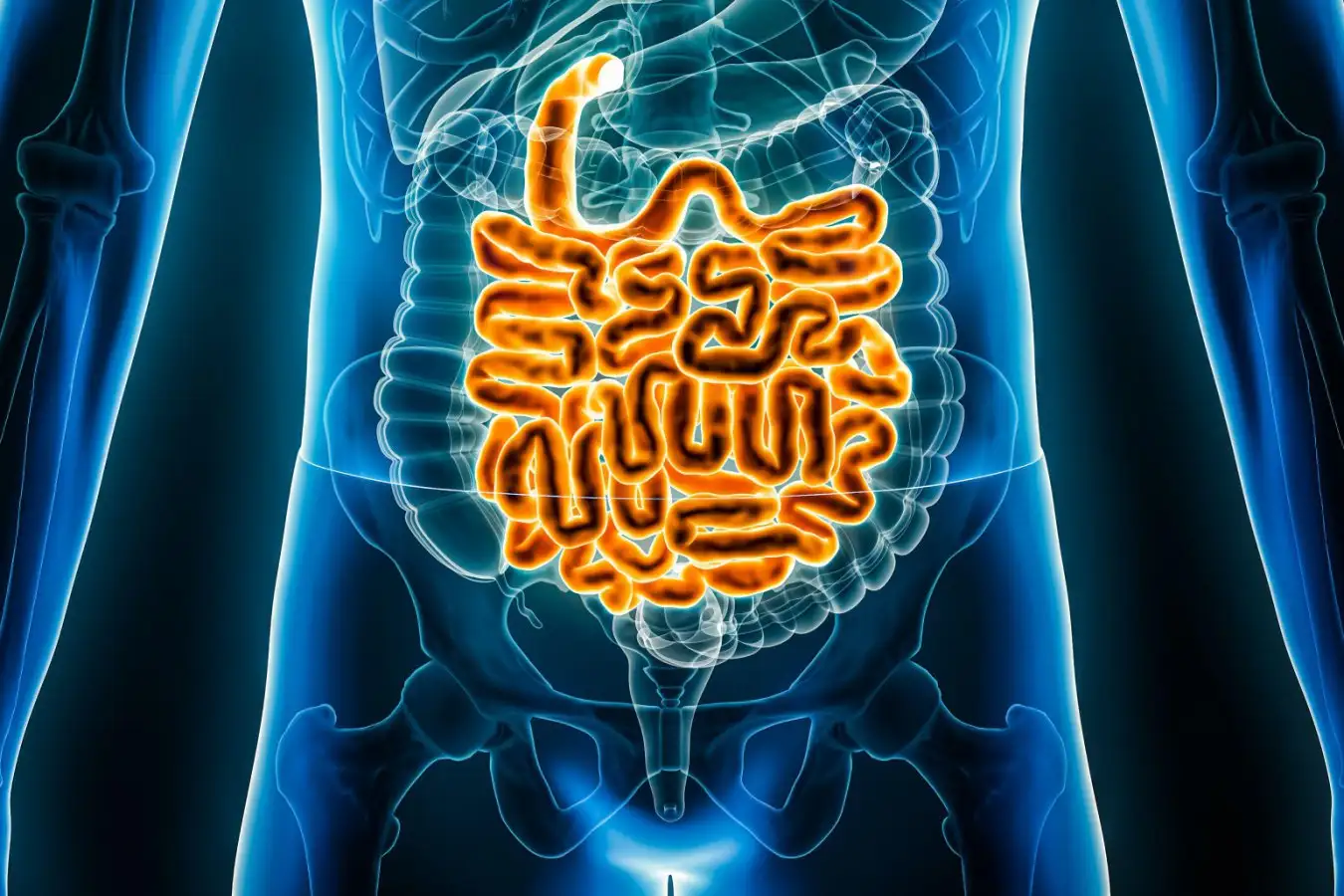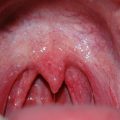Bowel leakage, also known as fecal incontinence, refers to the inability to control the passage of stool or fecal material, leading to unintentional bowel movements. It can range from an occasional leakage of small amounts of stool to a complete loss of bowel control. Bowel leakage can be a source of embarrassment and significantly impact a person’s quality of life.
The prevalence of bowel leakage varies depending on the population studied and the criteria used to define it. However, it is believed to be a relatively common condition, especially among older adults. It is estimated that fecal incontinence affects around 5% to 15% of the general adult population. The prevalence tends to increase with age, and it is more common in women than in men.
Bowel leakage can occur due to various factors, including muscle or nerve damage, diarrhea or constipation, muscle weakness, rectal prolapse, rectal surgery, and certain medications. It is important to note that bowel leakage can be a symptom of an underlying medical condition, so it is essential to consult with a healthcare professional for proper evaluation and diagnosis.
While bowel leakage can be distressing, it is important to remember that there are treatment options available. With the help of healthcare professionals, individuals with bowel leakage can often find strategies and interventions to manage the condition and improve their quality of life.
Is Bowel Leakage A Sign Of Cancer?
While bowel leakage can have various causes, one question that may arise is whether it can be a sign of cancer. In this article, we will explore the relationship between bowel leakage and cancer, as well as other potential causes and when to seek medical attention.
Bowel leakage occurs when there is a loss of control over bowel movements, resulting in the involuntary release of stool. It can range from occasional minor leakage to a complete inability to control bowel movements. Several factors can contribute to bowel leakage, including muscle or nerve damage, chronic diarrhea or constipation, muscle weakness, rectal prolapse, rectal surgery, and certain medications. However, it is important to note that bowel leakage is not always indicative of cancer.
Bowel Leakage and Cancer
While bowel leakage itself is not typically a direct symptom of cancer, certain cancers can contribute to its occurrence. In particular, cancers that affect the rectum or anus may disrupt the normal functioning of the bowel and result in bowel leakage. These cancers can include colorectal cancer, anal cancer, or other tumors that press on the rectum or nearby nerves.
It’s important to remember that bowel leakage is usually caused by non-cancerous factors, such as muscle or nerve damage. However, if you are experiencing bowel leakage along with other concerning symptoms, it is crucial to consult with a healthcare professional for a thorough evaluation.
Other Symptoms to Watch for
While bowel leakage alone may not be a definitive sign of cancer, it is important to be aware of other symptoms that could potentially indicate an underlying malignancy. Some additional symptoms to watch for include:
- Blood in the stool: The presence of blood in the stool can be a warning sign of various gastrointestinal conditions, including colorectal cancer.
- Changes in bowel habits: Persistent changes in bowel movements, such as prolonged diarrhea, constipation, or alternating patterns, should be evaluated by a healthcare professional.
- Unexplained weight loss: Significant and unexplained weight loss can be a symptom of various types of cancer, including gastrointestinal malignancies.
- Abdominal pain or discomfort: Chronic or persistent abdominal pain, cramping, or discomfort that is not relieved by typical remedies should be investigated.
When to Seek Medical Attention
If you are experiencing bowel leakage along with any of the above symptoms or if the leakage becomes frequent or disruptive to your daily life, it is important to seek medical attention. A healthcare professional can perform a thorough evaluation, which may include a physical examination, medical history review, and potentially further diagnostic tests, such as colonoscopy, imaging studies, or laboratory tests.
How Is Bowel Leakage Treated And Managed
The treatment and management of bowel leakage, or fecal incontinence, depend on the underlying cause and severity of the condition. Here are some common approaches used to treat and manage bowel leakage:
- Dietary Modifications
- Increasing fiber intake: Consuming a diet rich in fiber can help regulate bowel movements and promote bulkier, more formed stools, reducing the risk of leakage.
- Fluid management: Maintaining proper hydration and avoiding excessive intake of caffeine or alcohol can help regulate bowel function.
- Medications
- Anti-diarrheal medications: If diarrhea is contributing to bowel leakage, medications such as loperamide (Imodium) may be prescribed to reduce bowel movements and improve control.
- Stool softeners: For individuals with chronic constipation, stool softeners or laxatives may be recommended to prevent hard stools and straining, which can worsen leakage.
- Bowel Training
- Establishing a regular bowel routine: Setting specific times for bowel movements can help train the body to have more predictable and controlled bowel movements.
- Biofeedback: This technique uses sensors to provide feedback on muscle activity, helping individuals learn how to strengthen the pelvic floor muscles and improve control over bowel movements.
- Pelvic Floor Exercises
- Kegel exercises: Strengthening the pelvic floor muscles can improve bowel control. Contracting and relaxing the muscles in the pelvic floor regularly can help strengthen them over time.
- Bowel Irrigation
- Transanal irrigation: This technique involves using a specialized device to introduce water into the rectum and lower bowel to stimulate a controlled bowel movement. It can help establish a predictable bowel routine and reduce episodes of leakage.
- Surgical Interventions
- Sphincter repair: In cases where the anal sphincter muscles are weak or damaged, surgical repair may be an option to improve bowel control.
- Sacral nerve stimulation: This procedure involves implanting a device that delivers electrical stimulation to the sacral nerves, which control bowel function. It can help improve muscle function and reduce episodes of leakage.
- Artificial sphincter: In severe cases, an artificial sphincter may be implanted to provide better control over bowel movements.
It’s important to note that the treatment approach will vary depending on the individual’s specific circumstances. A healthcare professional, such as a gastroenterologist, colorectal surgeon, or pelvic floor specialist, can assess the underlying cause, severity, and impact on daily life and recommend the most appropriate treatment options.
In addition to medical interventions, individuals with bowel leakage can also benefit from lifestyle modifications, such as maintaining a healthy weight, avoiding smoking, managing stress, and practicing good hygiene to minimize the impact and discomfort associated with fecal incontinence.
Conclusion
While bowel leakage is not typically a direct sign of cancer, certain types of cancer can contribute to its occurrence. It is crucial to understand that bowel leakage is often caused by non-cancerous factors, such as muscle or nerve damage. However, if you are experiencing bowel leakage along with other concerning symptoms or if the leakage becomes persistent and disruptive, it is important to consult with a healthcare professional for proper evaluation and diagnosis. Early detection and intervention are key in the successful management of any potential underlying conditions, including cancer.





